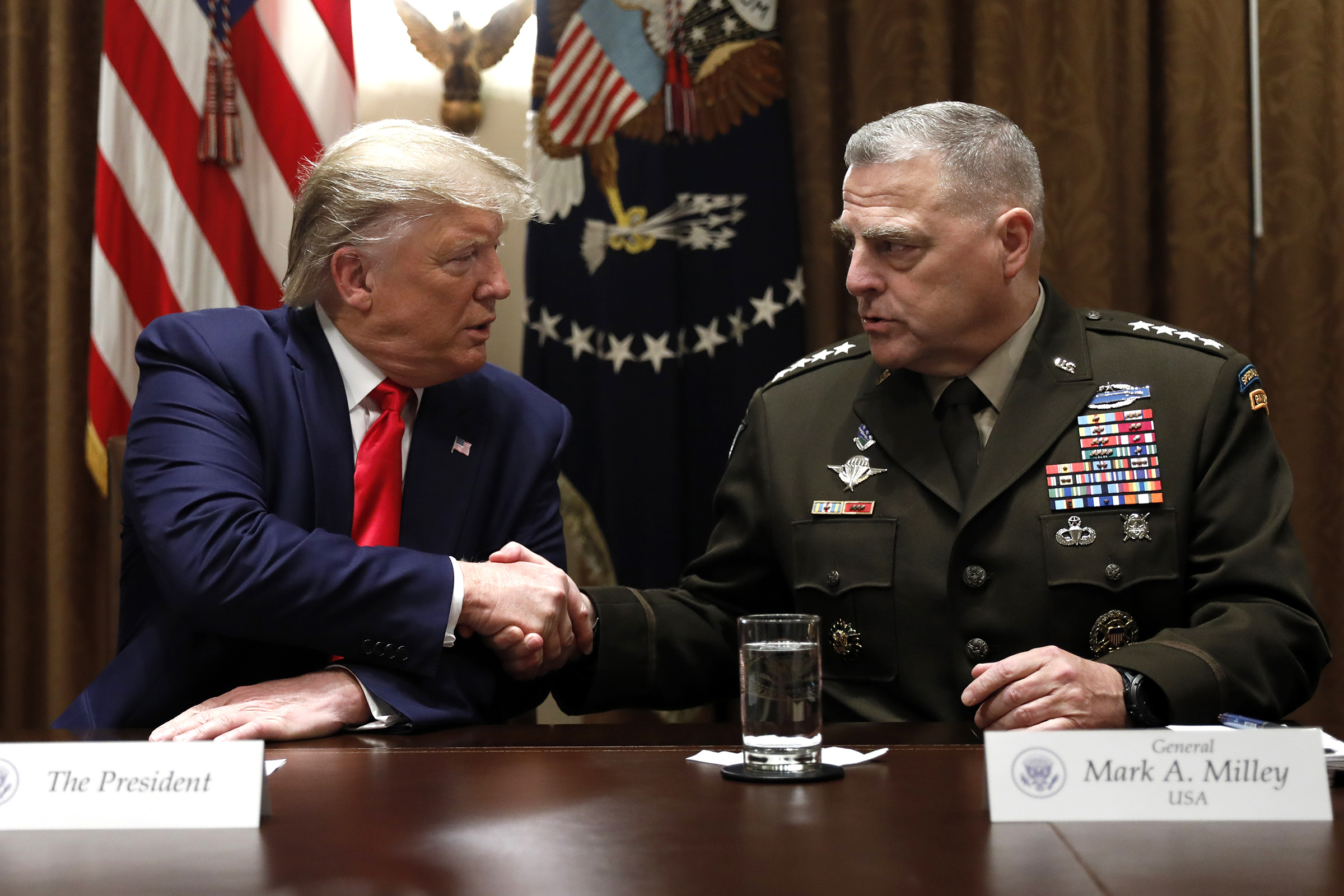
Congress has rightfully condemned President Trump’s decision to abandon the Kurds in Syria. But Congress has been complicit in this decision.
Over the past 70 years it has ceded too much power to the Presidency in the areas of war-making, treaties and agreements, and executive privilege. Had Congress not abandoned its Constitutional obligations, it is unlikely we’d be in this current pickle, the result of too much power in the hands of one person. Congress must acknowledge its own fault and fix it.
Congress should be the institution that declares war because, at best, the Presidency only reflects the will of a little over half of the nation’s voters. Congress reflects the whole political spectrum. To commit the Republic to killing others and risking the lives of our young is of the gravest moral concern and should require some sense that the decision is “the will of the people.” Although vague, it is an extremely important term. Congress, as opposed to the Judiciary and the Presidency, is our best institutional means of turning “the will of the people” into policy and action.
The last time Congress declared war was June 5, 1942, when we declared war on Bulgaria, Hungary, and Romania, all German allies. Congress then took its Constitutional obligations seriously, as we were already at war with Germany. What has happened since?
Although in 2001 and 2002 Congress passed authorizations to use military force (AUMFs) against terrorists and Iraq, those authorizations do not carry the same weight as declarations of war. A declaration of war is a grave and highly symbolic act. An AUMF places military action in the context of an administrative decision. It moves the responsibility for waging war from the American people to the President. The President should not wage war. The people should wage war, because the people suffer the loss of children and the people pay for the weapons. These AUMFs have been misused to wage war all over the world and for a time period that exceeds anything many who voted on it would have thought probable. Congress has done little oversight of their use and there has been no debate about their current applicability, nearly two decades after their passage.
We have an executive branch to make decisions expeditiously. The smaller the political and moral consequences of such decisions, the more appropriate for them to be handed over to the executive. The decision to commit – or withdraw – our military assets, be it in the form of personnel, equipment, or money, involves the death of our own and others. For decisions this serious, we need the “will of the people.”
To commit the Republic to a long-term agreement with a wartime ally is a graver decision than declaring war. We have given up our moral right to end our involvement in a conflict unilaterally. Yet, we still commit to killing people and risking our young for an unknown time period. Such a long-term moral commitment must also have “the will of the people” backing it.
The U.S. had what is loosely called “a handshake” agreement with the Kurds. There should have been a formal treaty or at least a congressional-executive agreement, both of which require debate and votes. If this had been the case, it would have been exceedingly difficult for the President to abandon the Kurds. Military leaders, who universally condemned the abandonment of the Kurds, but who reluctantly obeyed orders, would have had a clear case of the right to disobey an illegal order. It would have been much easier, legally, politically, and ethically, for Congress to reverse the decision and to hold the President accountable.
Congress has given the Presidency an inch and it has taken a mile. There was good reason for the initial inch: the President needed the authority to counter a sudden nuclear attack without debate. This should remain in place. However, there has been no case, since the 1942 Declaration of War, where the need for an immediate defensive response has been necessary. There has always been plenty of time for Congress to act.
The concept of executive privilege has also been allowed to be misused by the Presidency, to the point where Congressional oversite, another of its constitutional obligations, has been seriously eroded. Executive privilege is appropriate when asserted by the President to protect confidential communications during policy formation. To make good decisions, policy discussions should be wide and free. There must be a feeling of safety so that straight talk will not be punished by premature political exposure. Executive privilege should also rightfully be evoked whenever exposure of information could result in serious harm to our intelligence-gathering capabilities and directly lead to the exposure or death of intelligence personnel.
Recently, however, executive privilege is being invoked for anything that the President deems adverse to his or her personal interests. Allowing executive privilege to continue in this direction, risks gutting both congressional and judicial oversight, leading to a government headed by effectively an elected dictator.
There is a tradeoff between too loosely defined executive privilege, the current situation, and defining it so precisely that the definition can be gamed to the point of misuse, leaving no room for judgment and wisdom. Keeping this in mind, a clearer definition of executive privilege needs to be established.
More Must-Reads From TIME
- The 100 Most Influential People of 2024
- The Revolution of Yulia Navalnaya
- 6 Compliments That Land Every Time
- What's the Deal With the Bitcoin Halving?
- If You're Dating Right Now , You're Brave: Column
- The AI That Could Heal a Divided Internet
- Fallout Is a Brilliant Model for the Future of Video Game Adaptations
- Want Weekly Recs on What to Watch, Read, and More? Sign Up for Worth Your Time
Contact us at letters@time.com